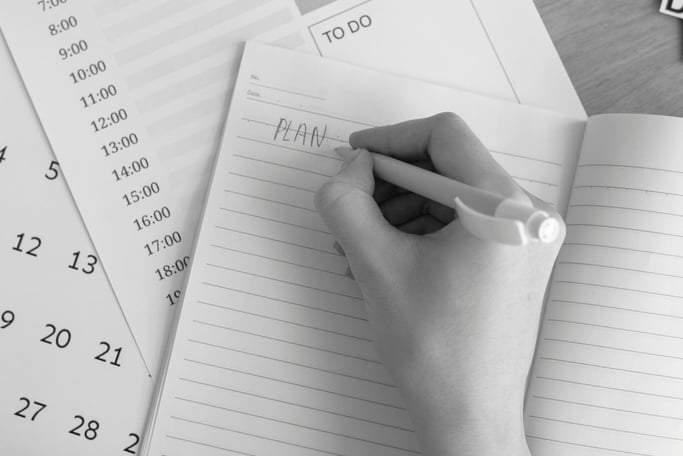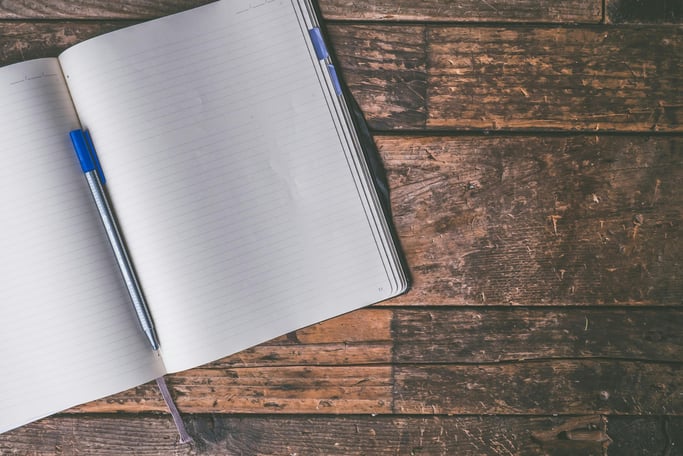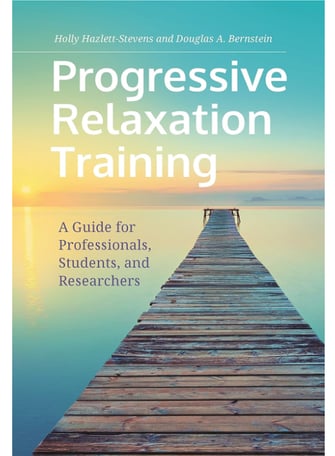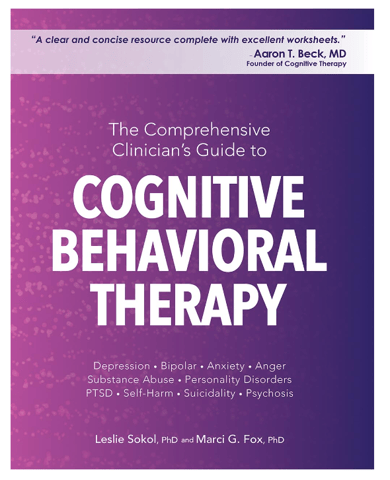Effective Stress Management: Science-Backed Tips and Techniques
Discover effective, science-backed stress management techniques to boost mental well-being and resilience. From mindfulness and exercise to time management and journaling, learn practical tips to reduce stress and enhance your quality of life. Embrace healthier habits and explore strategies for a calmer, balanced mind.
WELLNESS
11/11/20247 min read


In today’s fast-paced world, stress has become a common experience for almost everyone. From work pressures to personal life challenges, financial concerns to global issues like climate change, we face various stressors that can leave us feeling overwhelmed. This blog post explores the most effective ways to manage stress, backed by research and practical tips that you can apply to improve your mental well-being.
Introduction: Understanding Stress in the Modern World
Stress is a natural response of the body to perceived threats or demands, often referred to as the “fight or flight” response. While a small amount of stress can be beneficial, motivating us to take action or make positive changes, chronic stress can lead to physical, emotional, and mental health issues. According to the American Psychological Association, prolonged stress is linked to anxiety, depression, cardiovascular diseases, and a weakened immune system.
In today’s fast-paced world, stress has become almost a constant companion for many of us. Whether it's juggling deadlines at work, dealing with financial pressures, or navigating personal relationships, stress affects people from all walks of life. Modern society presents unique challenges that weren’t as prevalent in previous generations. With technology keeping us "on" 24/7, the increasing cost of living, and global issues like climate change and political uncertainty, it's no wonder that stress is at an all-time high.
What Is Stress?
At its core, stress is a natural response—our body’s way of reacting to perceived threats or overwhelming demands. This "fight or flight" response was crucial for survival in early human history, helping our ancestors react quickly to danger. But today, rather than being chased by wild animals, we’re stressed about work deadlines, social obligations, and a mountain of daily responsibilities.
Managing stress is essential for maintaining a balanced, healthy life. By incorporating effective stress management techniques into your daily routine, you can build resilience, improve mental clarity, and enhance your overall quality of life. Below, we dive into science-backed methods for managing stress, with insights on how you can implement each of them.
1. Mindfulness and Meditation
Mindfulness meditation has gained popularity for its profound effects on stress reduction. This practice involves focusing on the present moment, observing thoughts without judgment, and allowing the mind to relax. Studies have shown that mindfulness meditation reduces cortisol levels (the body’s stress hormone) and improves emotional regulation.
How to Start: Begin with just five minutes a day using a meditation app like Headspace or Calm, which offer guided sessions for beginners. As you progress, you can gradually increase the time. Practicing mindful breathing exercises—taking slow, deep breaths—also activates the body’s relaxation response.
Reference: Kabat-Zinn, J. (2003). "Mindfulness-based interventions in context: Past, present, and future." Clinical Psychology: Science and Practice, 10(2), 144-156.
2. Exercise: Moving Your Body for Mental Clarity
Exercise isn’t just good for your body; it’s beneficial for your mind too. Physical activity stimulates the release of endorphins, chemicals in the brain that act as natural mood lifters. Exercise can also reduce stress by improving sleep quality, lowering anxiety levels, and promoting a sense of accomplishment.
How to Start: The CDC recommends at least 150 minutes of moderate aerobic activity per week. Activities such as brisk walking, cycling, or yoga can make a big difference in how you feel. Find an exercise routine you enjoy, as this will make it easier to stay consistent.
Reference: Blumenthal, J. A., Smith, P. J., & Hoffman, B. M. (2012). "Is exercise a viable treatment for depression?" ACSM's Health & Fitness Journal, 16(4), 14-21.
3. Cognitive Behavioral Therapy (CBT) Techniques
Cognitive Behavioral Therapy (CBT) is one of the most effective therapeutic approaches for stress management. CBT helps individuals identify negative thought patterns and replace them with more constructive, positive thinking. Techniques include thought reframing, practicing self-compassion, and problem-solving strategies.
How to Start: Consider reading a CBT-focused self-help book or using apps like Woebot or Bloom that guide you through CBT exercises. Working with a licensed therapist trained in CBT can also provide a more structured and personalized approach.
Reference: Beck, J. S. (2011). Cognitive behavior therapy: Basics and beyond. Guilford Press.
4. The Power of Social Support
Humans are social creatures, and connecting with others can significantly alleviate stress. Sharing your thoughts and feelings with friends, family, or a support group can help you feel understood and provide valuable perspectives. Research has shown that social support is a critical factor in resilience against stress.
How to Start: Reach out to a trusted friend, join a community group, or consider speaking with a counselor. Sometimes just talking things through with someone can help clarify your thoughts and make challenges seem more manageable.
Reference: Uchino, B. N. (2009). "Understanding the links between social support and physical health." Perspectives on Psychological Science, 4(3), 236-255.
5. Improving Sleep Hygiene
Sleep is a fundamental aspect of mental health, and poor sleep can increase vulnerability to stress. Quality sleep helps regulate mood, enhances cognitive performance, and allows the body to recover from daily stressors.
How to Start: To improve sleep, maintain a consistent bedtime, limit caffeine intake in the evening, and create a calming nighttime routine. Avoid using screens at least an hour before bed, as blue light from devices can interfere with sleep.
Reference: Walker, M. P. (2017). Why We Sleep: Unlocking the Power of Sleep and Dreams. Scribner.
6. Progressive Muscle Relaxation (PMR)
Progressive Muscle Relaxation (PMR) is a simple yet effective technique where you tense and then release each muscle group, from your toes to your head. This process helps relieve physical tension, which in turn reduces stress.
How to Start: Start with your toes, tense each muscle group for 5-10 seconds, and then release. This exercise can be done in as little as five minutes and is especially helpful before bed to promote relaxation.
Reference: Bernstein, D. A., Borkovec, T. D., & Hazlett-Stevens, H. (2000). New Directions in Progressive Relaxation Training: A Guide for Helping Professionals. Praeger.
7. Time Management Skills
Often, stress arises from feeling overwhelmed by responsibilities and lack of time. Developing time management skills—such as prioritizing tasks, breaking large projects into smaller steps, and setting aside time for breaks—can significantly reduce stress.
How to Start: Use a planner or a digital tool like Todoist to organize tasks and set deadlines. Prioritize important tasks first and try using the Pomodoro Technique, which involves working for 25 minutes and then taking a short break.
Reference: Macan, T. H. (1994). "Time management: Test of a process model." Journal of Applied Psychology, 79(3), 381-391.
8. Journaling for Emotional Clarity
Journaling is a powerful tool for processing emotions and gaining mental clarity. Writing down your thoughts allows you to externalize your worries, helping you organize and address them more effectively.
How to Start: Spend five minutes each day journaling. You can write freely, focus on gratitude, or answer prompts related to your stressors and goals. Over time, this habit can improve self-awareness and emotional regulation.
Reference: Pennebaker, J. W., & Chung, C. K. (2011). "Expressive writing: Connections to physical and mental health." Oxford Handbook of Health Psychology, 417-437.
9. A Balanced Diet for a Balanced Mind
A balanced diet can improve mood and mental clarity. Research has found that diets high in processed foods and sugar can worsen stress, while a diet rich in fruits, vegetables, and omega-3 fatty acids supports mood stability and brain health.
How to Start: Incorporate more whole foods into your diet, stay hydrated, and limit caffeine intake to avoid jitteriness and sleep issues. Omega-3 sources like salmon, chia seeds, and walnuts can be particularly beneficial.
Reference: O'Neil, A., Quirk, S. E., Housden, S., et al. (2014). "Relationship between diet and mental health in children and adolescents: A systematic review." American Journal of Public Health, 104(10), e31-e42.
10. Breathing Exercises for Instant Calm
Breathing exercises, such as diaphragmatic breathing or box breathing, activate the body’s relaxation response by reducing heart rate and promoting calmness.
How to Start: Try box breathing: inhale for four seconds, hold for four seconds, exhale for four seconds, and hold again for four seconds. Practicing for a few minutes each day can help alleviate immediate stress.
Reference: Jerath, R., Edry, J. W., Barnes, V. A., & Jerath, V. (2006). "Physiology of long pranayamic breathing: Neural respiratory elements may provide a mechanism that explains how slow breathing shifts the autonomic nervous system." Medical Hypotheses, 67(3), 566-571.
Conclusion: Take Action for a Healthier, Less Stressful Life
Managing stress is essential to maintaining mental and physical health. By incorporating some or all of these strategies into your routine, you can improve your resilience to stress and enhance your quality of life. Remember, it’s not about eliminating stress entirely, but learning to manage it effectively.
If you found this article helpful, let’s keep the conversation going! Feel free to like, share, and comment with your thoughts or additional tips for managing stress. Don’t forget to follow us for more insights on health and wellness.
#StressManagement #MentalHealth #Mindfulness #CBT #Exercise #HealthyLiving #WellnessTips #SelfCare #StressRelief #HealthyMind




Photo by Kelvin Valerio
Photo by RF._.studio


Photo by Andrea Piacquadio


Photo by ELEVATE


Photo by Pixabay


Photo by Anna Nekrashevich


Photo by Jessica Lewis 🦋 thepaintedsquare


Photo by Renan Harrisson
Progressive Relaxation Training: A Guide for Professionals, Students, and Researchers.
Offers comprehensive guidance for practitioners, students, and researchers in psychology, psychiatry, and counseling to teach relaxation to clients.
The Comprehensive Clinician's Guide to Cognitive Behavioral Therapy
Drs. Sokol and Fox have the knowledge base to bring you the most comprehensive and up-to-date information regarding CBT.
Bodymindbeing
Your guide to a fulfilling life.
Contact Us
support@bodymindbeing.me
© 2024. All rights reserved.




